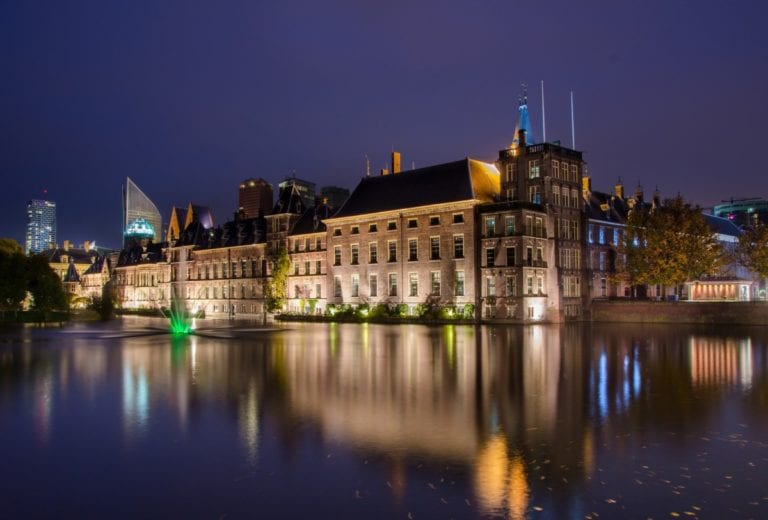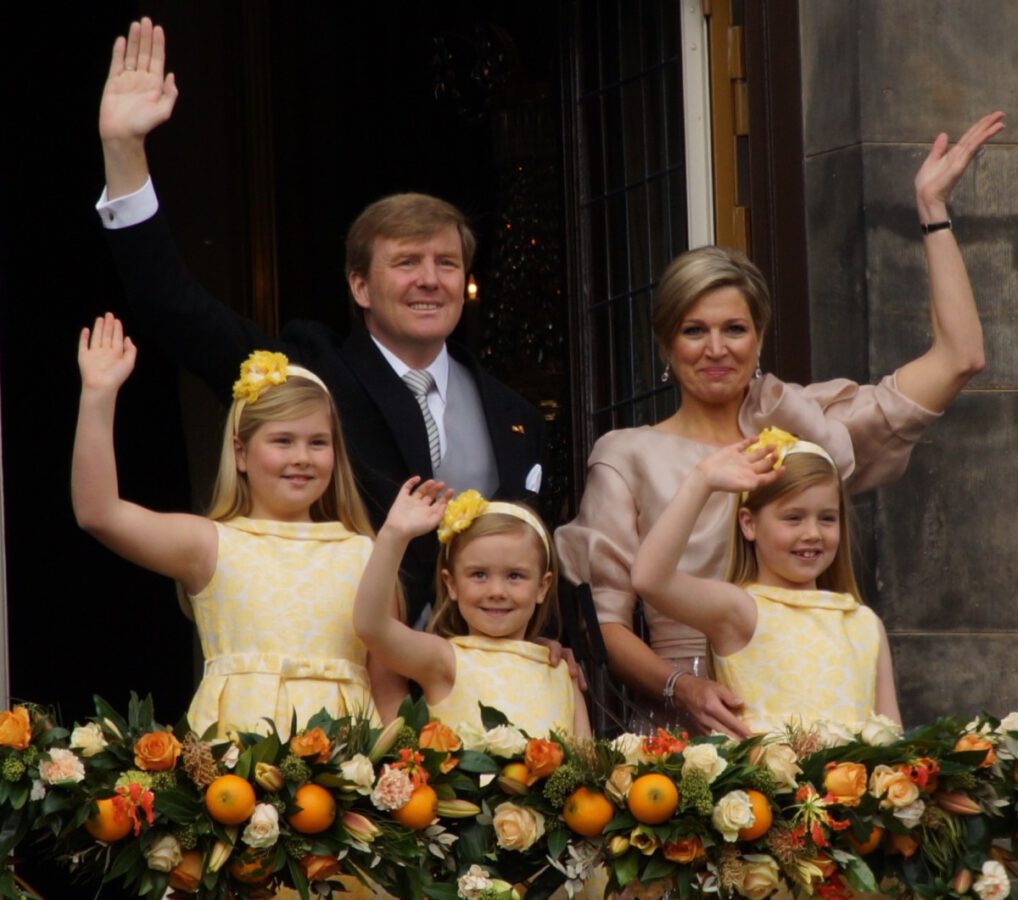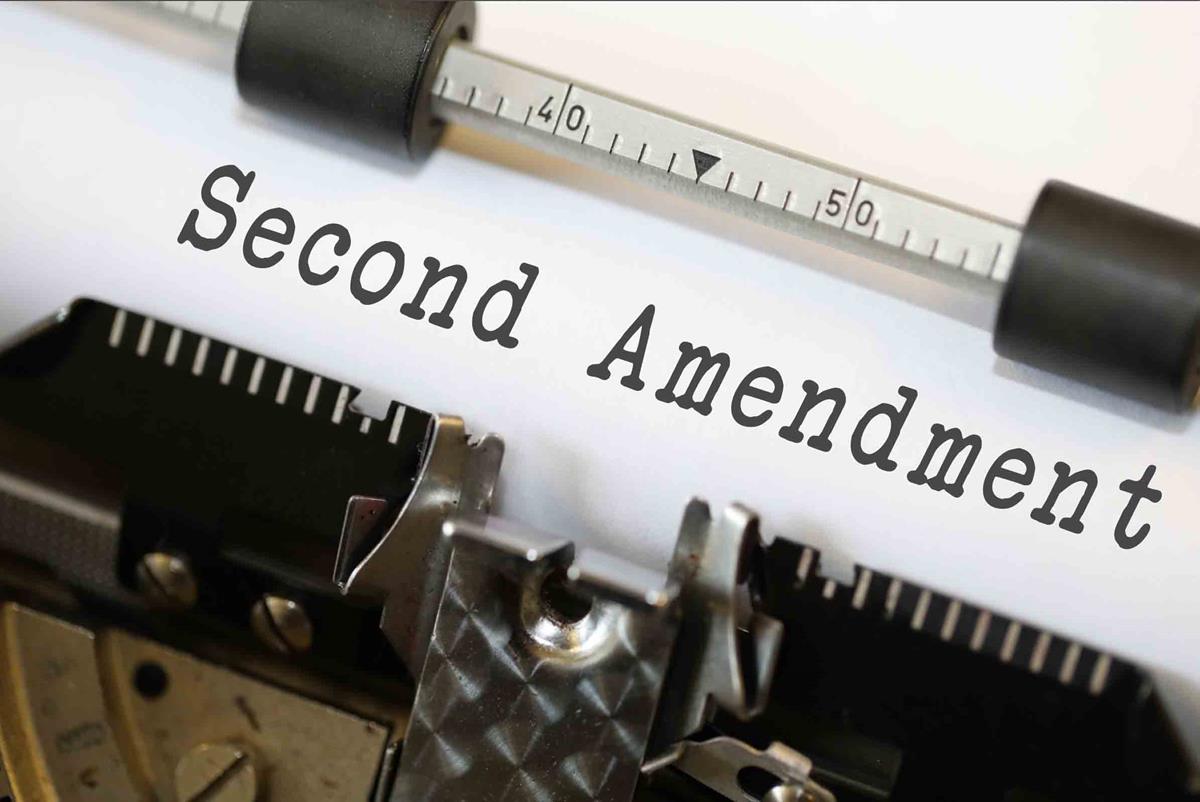
How the Dutch government is organised goes back to a famous French philosopher Charles Montesquieu and his radical idea of the Trias Politica.
Politics in the Netherlands doesn’t tend to make many headlines on the world stage, at least compared to the corruption and drama many nations have to deal with. Perhaps this is thanks to the system of power in the Netherlands known as Trias Politica (which, in my opinion, other countries should take note of).
The Trias Politica
The term “Trias Politica” is a very popular term in the political corridors of the Netherlands. Before explaining how this Dutch system of government works, let me define it a little bit.
Trias Politica is a system of government where a country’s government is divided into branches, each with separate and independent powers and areas of responsibility so that the powers of one branch are not in conflict with the powers associated with the other branches.
The French philosopher and political theorist Charles Montesquieu (1689-1755) was the founder of the Trias Politica, and his work l’Esprit des Lois (The Spirit of Laws), in 1748 concludes that there are three powers that must be separated: the legislative power, the executive power and the judiciary.
According to Montesquieu, in a good political system, these three different powers must control each other and power should therefore never lie with a small select group of nobles and clergy, as was customary in his time.
To really understand the system of government that has been adopted by the Netherlands, one must take a good look at how the country made a transition from absolute monarchy to a parliamentary system of democracy, where the king still has a part to play despite not having “absolute power” anymore.
The Dutch Constitution
Following the People’s Spring or The Revolutions of 1848 that spread like wildfire throughout Europe, the then king of the Netherlands William II decided to allow a change of system that would usher in an era of parliamentary democracy into the Netherlands.
Seeing as the revolutions were essentially democratic and liberal in nature, with the aim of removing the old monarchies and replacing them with independent national states, King William II decided to let Dutch statesman Johan Rudolph Thorbecke revise the constitution.
Origin
When the Dutch politician, Johan Thorbecke wrote the new Dutch Constitution in 1848, he was guided by Charles Montesquieu’s work. However, he did not use the Trias Politica in its purest form. There is, of course, the three powers in the Netherlands but there is still a slight difference. These three powers are:
- The legislature is the Government (Queen and Ministers) and the States General (First and Second Chamber) together.
- The executive power is the government, the provinces and the municipalities.
- The judiciary is in the hands of the judges.
The Legislative Branch
According to Montesquieu, the government should not have any legislative power at all. In the Netherlands, however, most legislation comes from the government. The House of Representatives always has a controlling role as a formal legislator and the possibility to amend laws (right of amendment).
In the Netherlands, both the government and the State-General have legislative power. The States-General represent the entire Dutch people and consist of the First and Second Chambers. They are also collectively referred to as the Parliament. The government and the States-General are authorized to make and amend laws.
In many cases, the government coalition is supported in the Netherlands by a majority in the House of Representatives, and for this reason, the separation of power in the Netherlands as Montesquieu intended is not exactly known.
The Executive Branch
The executive power is the seat of government. The government consists of the King or Queen and the ministers. The team of ministers is called “The Council of Ministers”, and are all under the leadership of the Prime Minister or Minister-President in Dutch.
The Council of Ministers makes decisions on matters that affect the government on every aspect of life in the Netherlands.
The Judicial Branch
The judiciary in the Netherlands is in the hands of the judges. According to Montesquieu, these judges must be controlled by citizens in the form of a jury trial but that is not the case in the Netherlands. The most important function of the judiciary is the settlement of disputes based on the laws of the land.
Furthermore, judges do not make laws and the independence of the judiciary is always of paramount importance. This is important because a judge can be asked for an opinion on the legality of acts of law or administration. For this reason, a judge is in no way subordinated to another government body.
The Dutch System of Checks and Balances
In the Dutch political system, according to the Trias Politica, none of these branches of government has the upper hand over the others. They are technically equal and none is more powerful than the other.
While absolute monarchy no longer exists in the Netherlands, constitutionally, the King is the head of state and has a role in the formation of the government and in the legislative process. He has to co-sign every law to make it valid.
The Government of the Netherlands constitutionally consists of the King and the cabinet ministers. The King’s role is limited to the formation of the government and he does not actively interfere in daily decision making.
The Dutch Parliament
The Dutch Parliament, officially known as the States-General of the Netherlands, consists of a House of Representatives (Tweede Kamer) and a Senate (Eerste Kamer). Both chambers meet at the Binnenhof in The Hague.
The Council of State
The Council of State is an advisory body of the cabinet on constitutional and judicial aspects of legislature and policy. This council consists of members of the royal family and other members (appointed by the crown) with political, commercial, diplomatic or military experience.
READ MORE |Press conference: the Dutch cabinet has fallen
All laws proposed by the cabinet have to be sent to the Council of State for advice. While the advice may not be binding, the cabinet is required to react to the advice and it often plays a significant role in the ensuing debate in Parliament.
Why the Dutch system of government matters
The Dutch system of government is very important for various reasons. The most important reason is ensuring the freedom of her citizens. Personally, I find the Netherlands to be the “true land of the free.” This is a country where no arm of the government is more powerful than the other and the system is set up in a way that it not only works, it also protects the rights and freedoms of its citizens.
It is a system with the understanding that instead of arming the populace (like the U.S) in case of government tyranny, the best solution would be to make use of a system where the government is never too powerful to oppress the people in the first place. The Dutch “Trias Politica” perfectly shows how the freedom of an individual can be protected from the power of the State.
American example:
Take the U.S Second Amendment as an example.
It was based partially on the right to keep and bear arms in English common law and was influenced by the English Bill of Rights of 1689. It can be described as an auxiliary right, supporting the natural rights of self-defense and resistance to oppression.
Of course, the U.S. Constitution sets up the U.S. government in a way that no one branch is more powerful than the other. This is called “separation of powers” or “checks and balances.”
This involves the legislative, judicial, and executive branches, plus the 50 states. The American founding fathers did not trust the nature of men and did not want to concentrate power in one branch, so they divided power amongst all branches. In theory, it all seems perfect, but in practice, a problem has always presented itself.
There have been different times in history when the balance has been a bit off. The problem with the U.S. system of government is that if you ask her citizens to name a branch which is more powerful than the others, they always seem to name one branch of government — and it should not be so!
A lot of Americans grow up with the natural instinct that they have to be armed just in case the government becomes tyrannical, and they have to defend themselves. Unfortunately, we live in a world where such an instinct, backed by the second amendment, has seen weapons easily get into the hands of very sick people who have used them to take lots of innocent lives.
It raises the question; “why set up a government that has a chance of oppressing its citizens, and then arming the citizens against said oppression when you could have just set up a government that has no chance of ever becoming tyrannical?” In other words, the best way to fight tyranny is to set up measures that make sure no arm of government ever becomes too powerful to control.
The Trias Politica was used to make sure that William II and his descendants who later ascended the throne weren’t despotic rulers. It played a crucial role in perfectly separating power amongst the branches of government and ensuring that none of these branches would ever become too powerful to control.
It can be said that the Trias Politica curbed tyranny in the Netherlands and ensured that her people would never have to worry about rising up in arms against despotic rulers.
I’m of the opinion that if the U.S founding fathers tried the Trias Politica, arming the American populace wouldn’t have been necessary. I honestly believe that the U.S. has a thing or two to learn from Dutch statesman Johan Rudolph Thorbecke.
Do you have any opinions about the current Dutch system of government? What about your own country? Tell us in the comments!
Feature image: Rudy and Peter Skitterians/Pixabay
Editor’s Note: This article was originally published in May 2018, and was fully updated in March 2021 for your reading pleasure.




Thank you. Great article and very informative.
Due to the scope of your article, you missed out on the earlier years which are essential to Dutch government. The Dutch didn’t have an old absolute monarchy in the 1800’s, it was brand new.
The Dutch actually ended the monolopy of absolute monarchs with their divine right of kings by declaring that a king should serve his people and by failing to do so and becoming a tyrant, he had left the legitimate throne of the Netherlands and the people had the right to replace him. Sounds familiar? This the Dutch declaration of independence of 1581 that inspired the American DOI from almost 200 years later that is materially almost the same.
This was mainly because the Spanish king send the Spanish Inquisition on them because he wanted to root out protestantism and the Dutch including the catholics wanted freedom of religion, which they put in the constitution in 1579. Of course this shocked all European monarchies who claimed the divine rights of kings, and they couldn’t find a replacement and decided to become the Dutch Republic. God didn’t punish them for removing ‘his’ king, on the contrary, despite the fact that the might Spanish Empire would fight Dutch independence for 80-years, the Dutch who were already wealthy starting to dominate all of Europe’s trade because they were already capitalists, had social mobility and freedom and got extremely rich. This also meant they became the first nation state, with national territory and identity apart from a monarch, hence the oldest national flag and the oldest national anthem.
There was still nobility and the balance of power between hereditary and meritocratic went a bit back and forth just like after the French revolution 200 years later, but at the height of the Dutch Republic’s power it was lead by a commoner, who’s father started out as a humble woodstacker, and the national hero admiral was the son off a beer carrier.
He was killed in the disaster year 1672 (France, Britain and Germany attacked the Dutch Republic together) and William of Orange III took over as Stadtholder, a noble but it was still an elected office. He invaded England in 1688 to create a stable protestant (with religious tolerance) ally in a cunning plan which also involved John Locke, another important enlightenment philosopher who was living in the freedom of the Dutch Republic at that time.
William III took the English and later British throne, but also gave them their constitutional monarchy they have until today, and their bill of rights. He modelled Britain after the Dutch Republic as far as monarchy allowed, he modernized the relatively backward Britain in more ways, which lead to the much larger Britain taking over from the Dutch Republic as the worlds supreme trading power and the British Empire became a thing. At least he got the threat of the extermination of protestantism out of the way with this stable protestan ally.
The Dutch got a bit in decline the following century and the works the enlightenment philosophers had mostly printed and often written in the Dutch Republic because it was free, more or less resulted in the French Revolution, which was of course not that revolutionary to the Dutch. But it also resulted in Napoleon invading and succeeding (he got very lucky) and making his brother Louis king (king of Holland, he didn’t know how to name the country and was only interested in the richest part). Contrary to Napoleon, his brother was a very enlightened man who really loved the Dutch with their republican and free spirit and he was a good king despite his brother only wanting to extract money from the Dutch for his wars.
When Napoleon was finally beaten, the Netherlands was bankrupt and the British Empire was the world’s supreme power and as a monarchy wanted nothing to do with that republicanism that was a threat now it came from France rather than from the Dutch who weren’t big and imperialistic. The British forced a monarchy on the Dutch in the 1810’s, picked the Orange family who had a lot of credit because of their role in the Dutch Republic, but didn’t return the favour of 1688 by making it a constitutional monarchy.
So this absolute monarchy was completely alien to the Dutch, and the civilian government started chipping away at the kings power soon, but not always successfully. The threat of revolution never got real, but an absolute monarchy simply didn’t fit Dutch administrative tradition and culture at all and it had to be workable. King Willem II saw which direction Europe was heading so the Dutch monarchy became much more like the one the Dutch had given the British. Nontheless it was an excellent piece of work by Thorbecke.
Dude, Trias Politica and Separation of Powers are the same.
It is an interesting article. However, I am not sure if the ‘today’s reality’ situation is properly addressed. Reality is that the Dutch are practising a lot of ‘back door’ policies in where lobbying (especially financially interest, not health nor independence) is rive. Ministers are chosen(?) but all coming from the same make, wealthy families etc. making sure that they stay in power. A House of Commons that is based on ‘coalitions’ where parties are ‘bartering’ how to represent the people, but for how long?. Also a Cabinet, elected Parties that are saying one thing but when in power doing the opposite; just acquiring influence based on lies, set free for four years to ruin all good intentions…. Even worse, today still allowed in the Dutch model, to start/keep a political party being just one person(only) without any members to correct or adjust any policy, thinking etc.), voted in based on lies and deception (to be ignored later)…. and now becoming even the head of the council of ministers!!!! In theory it all sounds great, but in reality the Dutch system is now a victim of its own success…. slowly, but surely, hollowed out. Purely the result of an ignorant and poorly educated population easily influenced by fake and false media…. sorry but also the Dutch Republic is dead, luckily without physical weapons, but very brain dead…